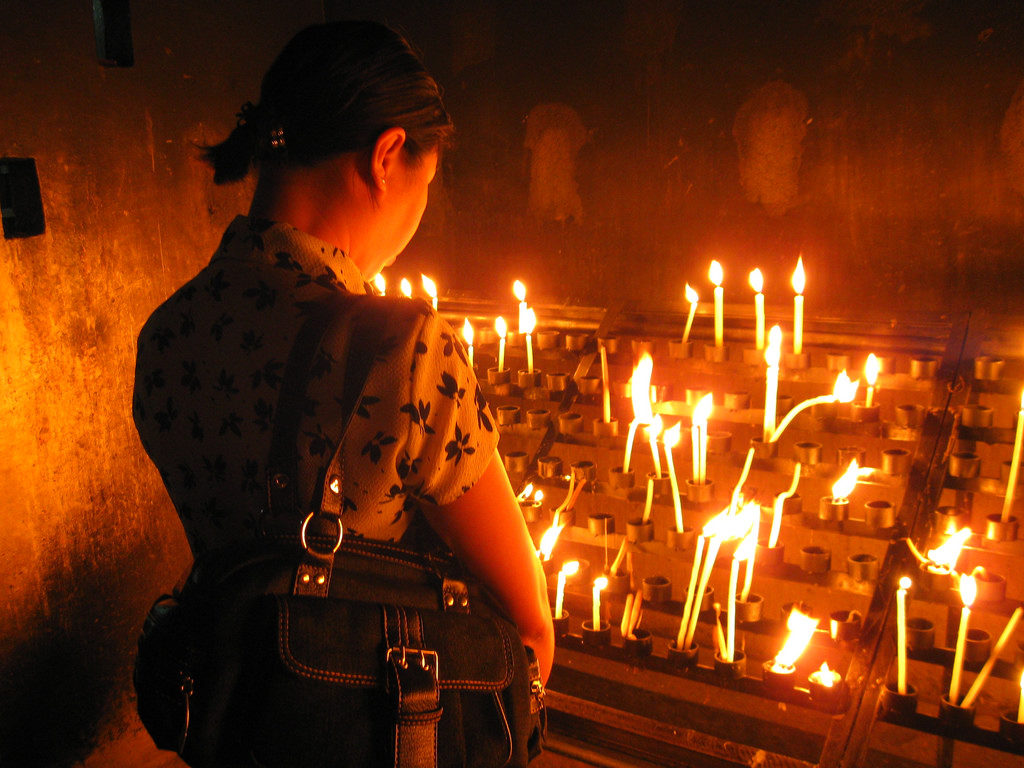Fill Your Understanding of God with Faith
Often times I find it easy to read the Bible and think, “well isn’t that obvious!” I am amazed at how foolish Saint Peter acts in Jesus’ presence or how arrogant the Pharisees are when they doubt Jesus’ divinity. We so often forget just how radical Jesus was and the fact that He was the Son […]
Fill Your Understanding of God with Faith Read More »








